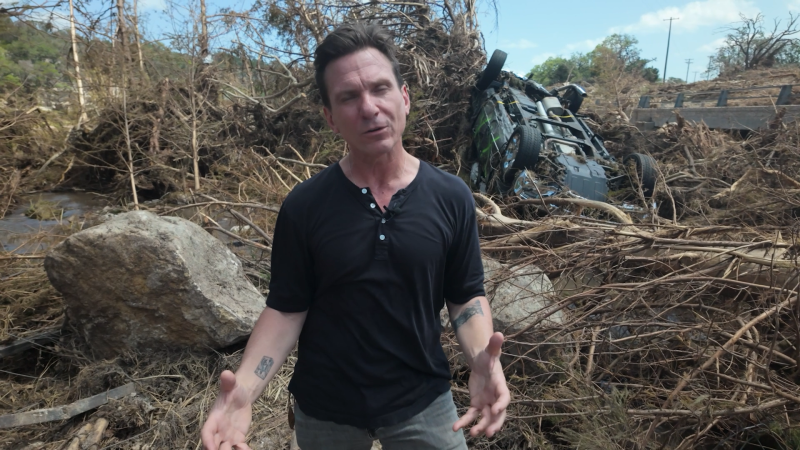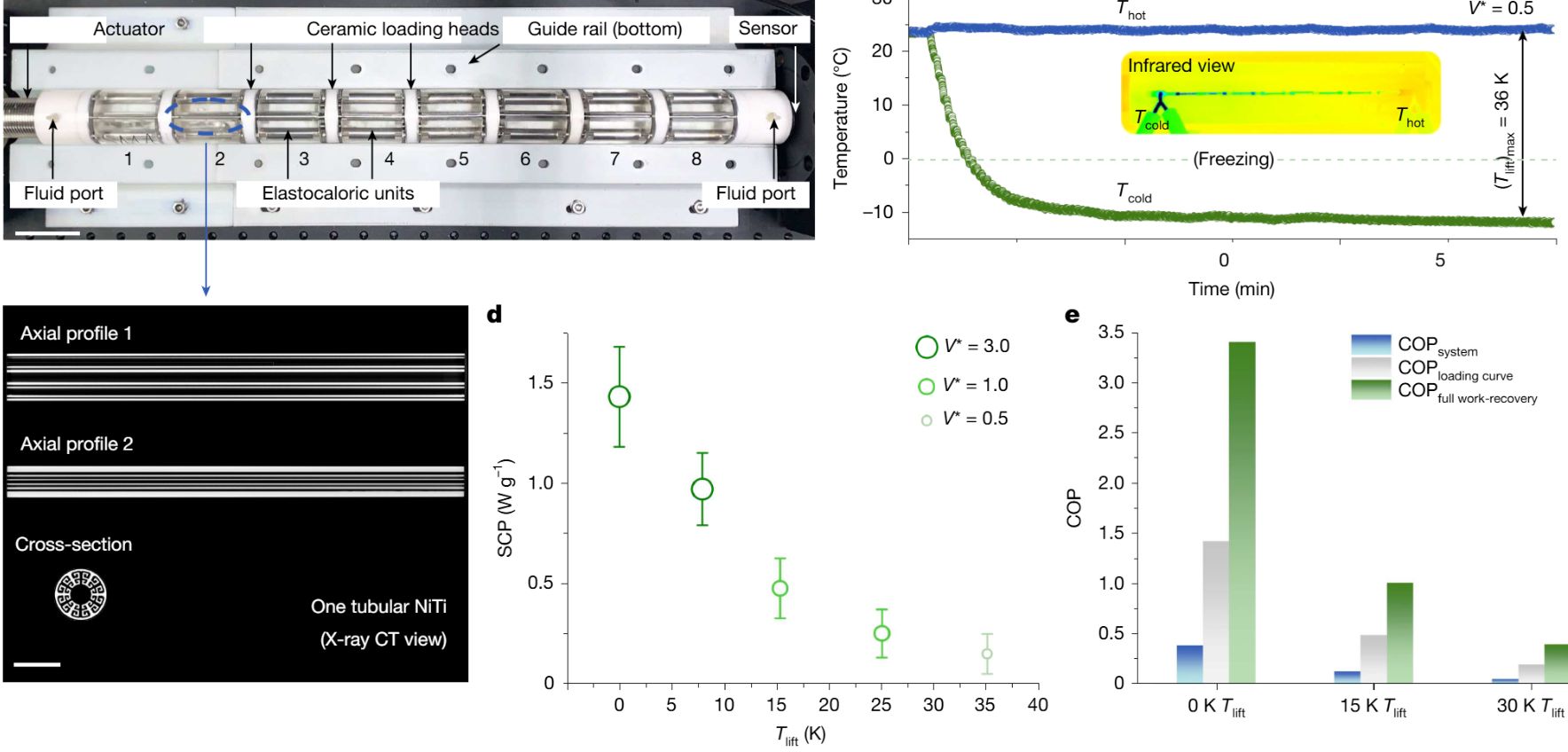
The recent floods in Texas have left devastation in their wake, claiming at least 27 lives and causing significant damage to properties, including the historic Camp Mystic. These tragic events highlight a growing concern among scientists and environmentalists about the increasing severity and frequency of flooding, which they attribute to the impacts of climate change.
Reporting from Camp Mystic, CNN’s Bill Weir emphasized the heartbreaking aftermath of the floods that swept through the region in July 2023. The camp, a cherished retreat for generations, now stands in ruins, encapsulating the devastating effects of extreme weather events exacerbated by climate change.
Understanding the Link Between Climate Change and Flooding
Researchers have long warned that climate change is contributing to more intense weather patterns. As global temperatures rise, the atmosphere can hold more moisture, leading to heavier rainfall and, consequently, more severe flooding. The National Oceanic and Atmospheric Administration (NOAA) has documented a marked increase in the frequency of extreme precipitation events across the United States.
The floods in Texas are a poignant example of this trend. According to the National Weather Service, areas across the state received more than 10 inches of rain in a short period, overwhelming rivers and drainage systems. This kind of rapid precipitation is becoming increasingly common, and the impacts are felt not just in Texas but across many regions around the globe.
Local and Global Consequences
The local consequences of such flooding are dire. Communities face not only loss of life but also substantial economic impacts, with damages potentially reaching hundreds of millions of dollars. Businesses are forced to close, and families are displaced, leading to long-term social and economic challenges.
Globally, the situation raises alarms about the preparedness of various regions to handle extreme weather events. The United Nations has acknowledged that climate change poses one of the greatest threats to humanity, emphasizing the need for immediate action to mitigate its impacts.
As Texas grapples with the aftermath of this disaster, the call for comprehensive climate policies becomes more urgent. Experts argue that investing in infrastructure improvements, enhancing early warning systems, and adopting sustainable practices are critical steps that governments must take to protect communities from future flooding.
The tragic events at Camp Mystic serve as a stark reminder of the human cost of climate change. While the immediate focus is on recovery and support for those affected, the broader conversation about climate resilience and adaptation is essential to prevent similar tragedies in the future.






